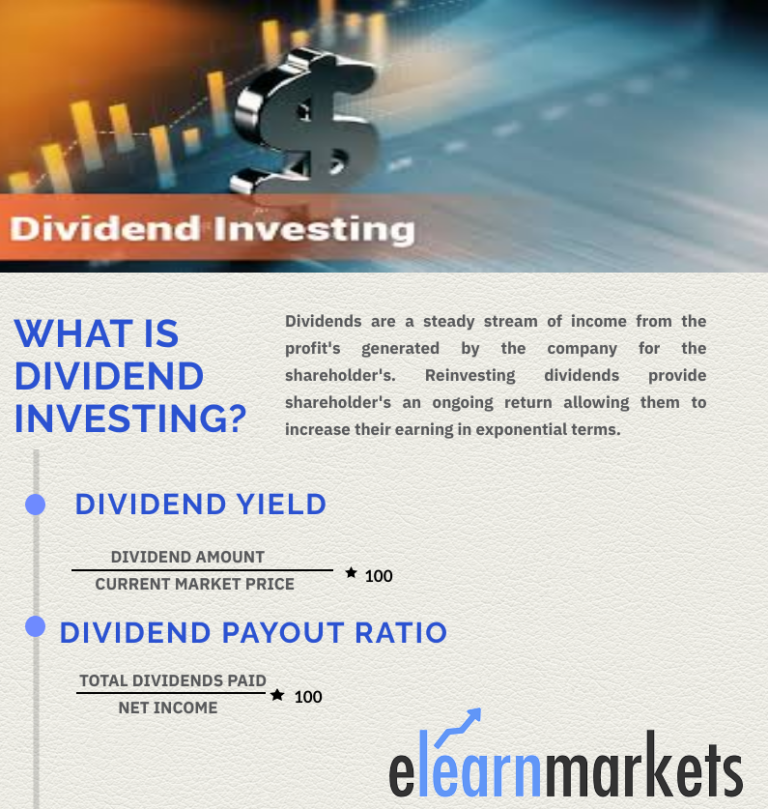How to Invest in Index Funds & Best Index Funds in 2023
Mutual funds have become a popular source of investment over the last few years.
Some of the reasons include professional fund management, diversification, and tax benefits amongst several others.
In addition to this, they are also highly scalable options which allows you to being your investment journey at a low investment value.
It is also handled by well-experienced professionals, assisting even those with limited to no market knowledge, to meet their mutual funds’ financial goals.
Mutual funds are also categorized to suit investors diverse risk appetites.
One of the upcoming choices includes index funds.
What are Index Funds?
An index fund is a part of the mutual fund category or exchange traded fund (ETF). The index funds in India comes with a portfolio constructure that tracks the components of a financial market index, such as the Sensex for BSE and Nifty for NSE. This fund provides low operating expenses, broad market exposure, and a low portfolio turnover. Regardless of the state of the markets, these funds follow the benchmark index.
How do Index Funds Work?
An index funds in India analyses the performance of a selected group of assets or securities in the market. These indexes measure selected data such as inflation and interest rates. They are also used to establish benchmarks or standards of performance for the portion of the market that it is being represented.
For example, if an index fund is tracking the Nifty index, this fund would have a total of 50 stocks in its portfolio. Each of these stocks are given a certain weightage by the stock market. It would also replicate the proportions of the index. Here, the performance of the index fund would be calculated on the performance of the actual stocks.
Types of Index Funds
Before investing in the best index funds in India, it is best to get an understanding of the different types.
- Broad market index funds:
This index funds replicates a large section of the stock market. It comes with least expenditures, along with being incredibly tax-efficient. - Market capitalization index funds:
Market capitalization, or market cap, is equivalent to the market value of the company. This is represented in dollar amount. This fund provides weightage to various company stocks, based on their respective market cap. - International index funds:
As the name suggests, this is based on indexes that are not limited to any stock markets or countries. It allows exposes investors to both domestic and international companies in emerging markets. - Earnings based index funds:
These are index funds based on the profits generated by companies. They are further divided into two different categories, growth and value. Growth indexes comprise of companies that will generate profits quicker than others in the market. Value indexes contain stocks of companies that are trading at a lower cost in relation to the company’s earnings. - Bond based index funds:
These index funds focuses on investing solely in a combination of short, intermediate, and long-term bonds. This combination would help in diversifying investment portfolio but also yields a steady and healthy monthly return.
How to Invest in Index Funds in India?
Once you have selected the best index funds in India to invest in, you follow these steps to invest in index funds:
Step 1: Pick an index you would want to track.
There are several hundreds of different index funds in India which you can track. Some of the best index funds in India include Nippon India Sensex, HDFC Index Sensex Fund, IDFC Nifty Fund, Tata Index Sensex Fund and more. You can also look at different sector indexes that are tied to specific industries or even country indexes that target stocks in single nations. Other options includes indexes that focus on fast-growing companies or value-priced stocks. Some even limit their investments based on their own filtering systems.
Step 2: Choose the right fund for your index
When you’ve opted for an index, you can find at least one index fund that tracks it. For popular indexes in India, you will always find plenty of choices tracking the same indexes. If you are looking for one than one index fund option for your chosen index, you need to ensure that they provide answers to certain questions. By answering these questions, you will be able to pick the best index fund in India that meet your financial goals.
- Which index fund closely tracks the performance of their index?
- Which index fund has the lowest costs?
- Are there any limitations on an index fund that would prevent you from investing in it?
- Does the fund provider have any other index funds you would be interested in using?
Step 3: Purchase index fund shares
In order to purchase shares in your chosen index fund, you need to open an account directly with the mutual fund institute that offers the fund. Alternatively, a brokerage account with a broker that allows you to purchase and sell shares would also work. Here, you can also decide which way works best for you, when it comes to purchasing shares of your index fund. In other words, it pays to take an extra look at the costs and features.
Some brokers charge extra funds to open an account and purchase index mutual funds, if its through their index fund company. Alternatively, some may also want to have all their investments held in a single brokerage account.
This is an ideal choice for those who have several different index funds offered by different fund managers, but would like to have everything in one single account.
Best Index Funds in India in 2022-23
Given below are the best index funds in India, based on its previous 10-year returns:
| Mutual Fund | 5 Yr. Returns | 3 Yr. Returns |
| NIPPON India Index Fund – Sensex Plan – Direct Plan – Growth | 18.09% | 22.61% |
| IDFC Nifty Fund-Growth-Direct Plan | 17.48% | 22.58% |
| HDFC Index Fund – Sensex Plan – Direct Plan – Growth | 18.09% | 22.52% |
| UTI Nifty Index Fund – Direct Plan – Growth | 17.39% | 22.45% |
| ICICI Prudential Nifty Index Fund – Direct Plan – Growth | 17.15% | 22.39% |
| UTI NIFTY Index Fund | 17.30% | 22.37% |
| Nippon India Index Fund – Direct Plan – Nifty Plan – Growth Index Funds/ETFs | 17.20% | 22.30% |
| HDFC Index Fund-NIFTY 50 Plan – Direct Plan – Growth | 17.31% | 22.29% |
| LIC MF Index Fund-Sensex Plan-Direct Plan-Growth | 17.55% | 22.27% |
| HDFC Index Fund-Sensex Plan | 17.88% | 22.26% |
Index Funds versus Mutual Funds
Many an investor faces with the dilemma of investing in index funds or mutual funds investments. However, the trick here is to ensure that no matter what you chose, it should align with your financial standing goal. Index funds have a history of outperforming active funds, especially with highly efficient active fund managers.
To make things easier, here are a few major differences between mutual funds and index funds:
- Portfolio selection
Choosing the right portfolio is important in an investment journey. Each portfolio will have different objectives. Mutual funds invest in stocks and other securities that a fund manager may select. These stocks may not be a part of a particular index. In the case of index funds, they invest in specific set of securities like the stocks on a particular index or benchmark.
- Investment and management styles
Each different security has a different approach when it comes to investment and management. This is no different for mutual and index funds. In the case of MFs, an active approach is undertaken where fund managers decide and optimise the outcomes. They decide the combination of assets and the proportion of investment. The goal here is to beat the investment returns of the benchmarked index that is followed. This is when the skillset and experience of a fund managers plan an important role. In the case of index funds, they are passively managed. They also invest in the exact same units in identical proportions. Since they match trending benchmarks, the replicate the highest performing outcome.
- Expense ratio calculations
With any investment expenses always play a decisive role in investing, much the same with index and mutual funds. Investors can get an understanding of how much expenses will be used in each investment vehicle by calculating the expense ratio. The expense ratio (ER), or management expense ratio (MER), determines how much of funding are used for administrative and other operating expenses. With mutual funds, funding would be used to constantly research the market. Other financial factors such as commissions, marketing fees and promotion charges would also contribute to the overall charges. This will lead to expenses that are on a higher side, especially if the returns are low. Index funds, on the other hand are passively managed. This means that they would require minimum involvement of fund managers, an in turn less commissions. This would lead to lower expenses, in the long run.
- Complexity versus simplicity
Any investment journey is always a complex process, whether you are a first-time investor or an veteran one. Each decision taken will need to be calculated and reviewed. With mutual funds, asset would need to be reviewed, based on past returns, influence of market conditions, total AUMs and more. If a fund manager is involved, the history performance, skillset and experience will also need to be evaluated. In the case of index funds, most of the former factors are eliminated. That is because, the same index that tracks the same index, usually offers the same returns. In the end, the choice would come down to opting between expense ratio and tracking error.
If you’re new to investing, index funds are a great way to begin your journey.
With its low cost and effort, predictable results and less volatility, it will serve you well to meet your financial goals.
However, you must take your time to assess the compatibility of this kind of investing, especially if you are looking at long-term goals and financial security.





